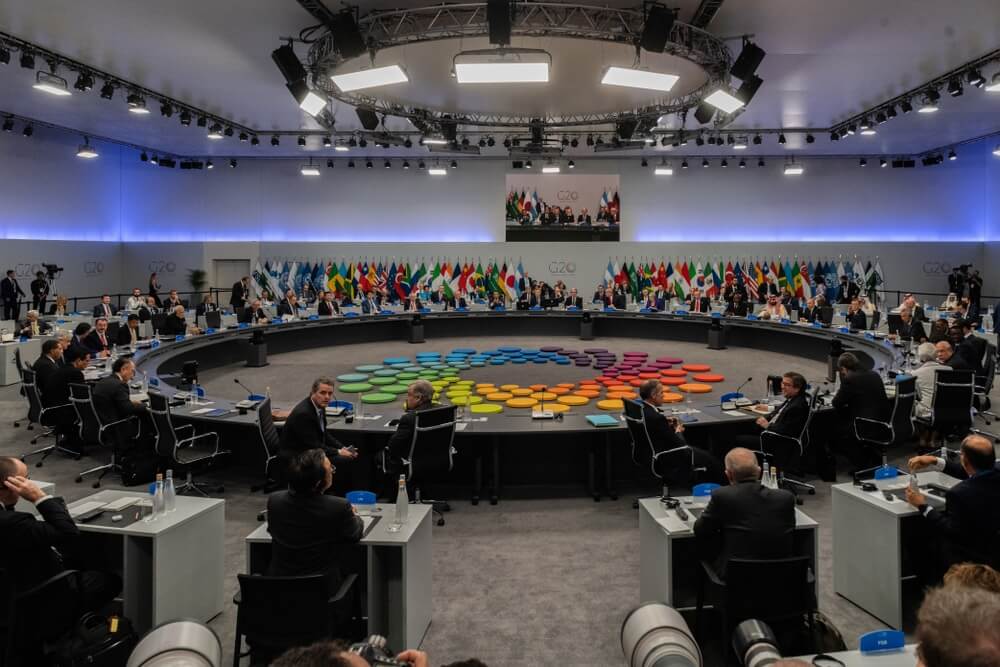
Humanitarian Situation and Russia in G20
Excluding Russia from the Organisation of 20 major economies and other international institutions, according to the director of German relief group Welthungerhilfe (WHH), might hinder efforts to confront a deteriorating global food crisis caused by the conflict in Ukraine.
In dealing with the situation, Mathias Mogge, the group’s chief executive, said it was vital to continue communication with Russia. Of course, Russia is the aggressor here, and sanctions and other measures are required. However, open contact lines are essential in a humanitarian scenario like the one we’re in now. In a recent interview, Mogge stated.
Moggie’s remarks came days after US Vice President Joe Biden stated Russia should kick out of the G20, despite analysts saying this is improbable given the lack of support from India, China, and other G20 members.
According to UN experts, Russia’s invasion of Ukraine in February is driving food prices considerably up worldwide; moreover, it is causing shortages of essential commodities in regions of Central Asia, the Middle East, and North Africa.
The battle, which Russia refers to as a “special military operation,” has reduced shipments from the two countries, accounting for 25% of global wheat exports and 16% of global maize exports, driving international prices considerably up.
Oil Slides
Oil prices dipped by roughly a dollar on Friday, ahead of a meeting of consuming countries to discuss a new release of emergency oil reserves and the US’s massive planned release.
By 0629 GMT, US West Texas Intermediate (WTI) oil futures had fallen $1.02 to $99.26 per barrel after trading as high as $101.75. On Thursday, the contract lost 7% of its value.
After falling 5.6 percent on Thursday, Brent crude futures fell 79 cents to $103.92 a barrel. On Thursday, the May contract expired at $107.91.
The drops on Thursday were due to the scheduled distribution in the United States. On Friday, the two benchmark contracts were on track for their most considerable weekly loss in two years; they fell from 13% to 14%. At 1200 GMT on Friday, members of the International Energy Agency (IEA) will meet; they will discuss a second emergency oil release, following their March 1 agreement to release about 60 million barrels.
On Thursday, US Vice President Joe Biden announced a six-month release of one million barrels per day, beginning in May. That will be the largest ever release from the Strategic Petroleum Reserve of the United States (SPR).
The goal is to compensate for Russia’s oil supply disruptions due to sanctions imposed after it invaded Ukraine; which Moscow describes as a “special operation” to disarm its western neighbor.
For a time, the projected release will be significant enough to most, if not entirely, satisfy the crude oil market’s supply imbalance.
The market is relying on OPEC+ to increase production after that. Hence, for that time frame, the action would likely cap prices.
OPEC+ kept to its plans to add 432,000 barrels per day of supply in May, despite Western pressure on Saudi Arabia and the United Arab Emirates to use spare capacity to expand output even further.
-
Support
-
Platform
-
Spread
-
Trading Instrument




